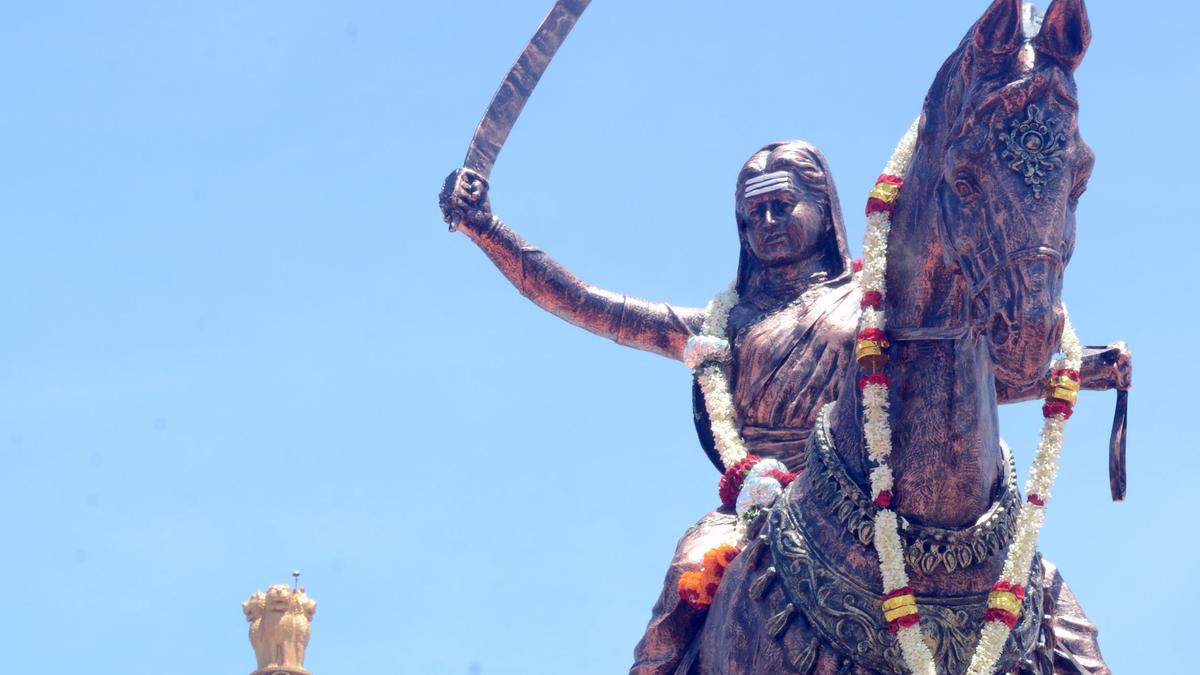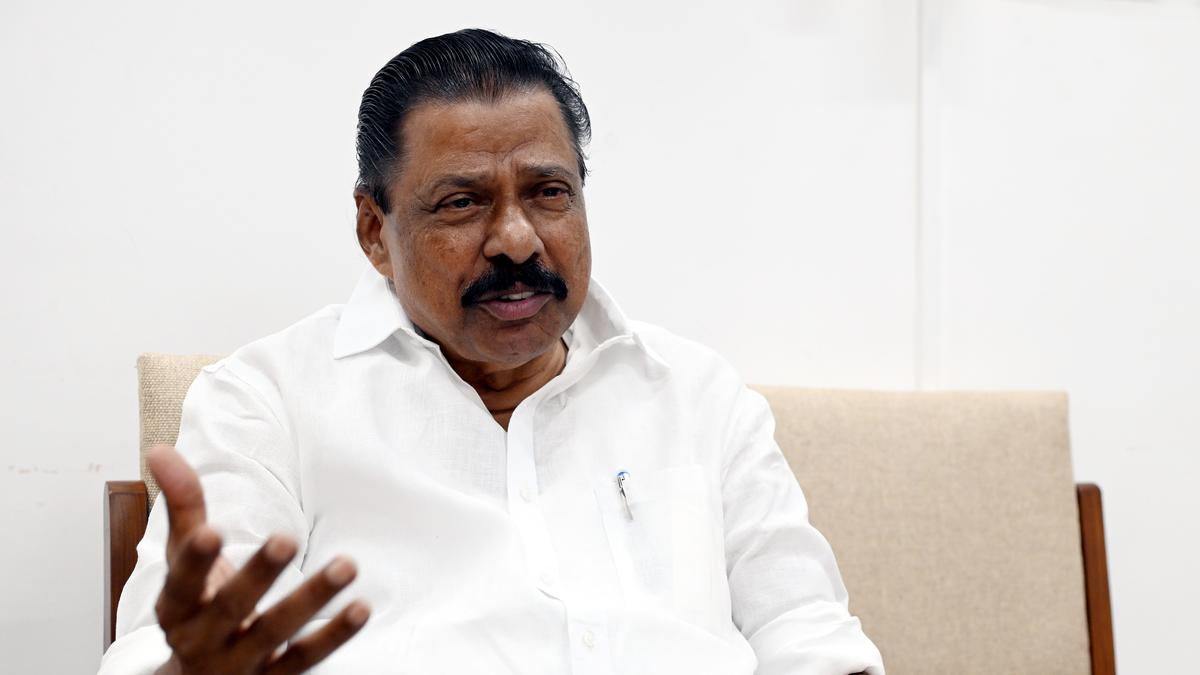Now Reading: Rising Costs Threaten Sustainability of Kerala’s Broiler Poultry Sector
-
01
Rising Costs Threaten Sustainability of Kerala’s Broiler Poultry Sector
Rising Costs Threaten Sustainability of Kerala’s Broiler Poultry Sector
Speedy Summary
- Broiler poultry production in Kerala is facing unsustainability due to rising input costs and market threats.
- Teh break-even price for producing one kg of chicken in the State has reached ₹93, reflecting financial strain on farmers.
- Costs for essential inputs have surged: a 50 kg poultry feed bag increased by ₹90, and day-old chicks saw a price hike from ₹22 to ₹40. Most raw materials are sourced from other states, compounding expenses.
- Poultry farming lacks official recognition as either an agricultural or industrial activity in Kerala, adding legal ambiguity; a relevant court verdict remains unimplemented.
- Emerging diseases and dependence on other States for day-old chicks present additional vulnerabilities to supply chains.
- KeralaS chicken processing infrastructure is underdeveloped despite its growing retail potential (e.g., ready-to-eat/cook categories).
- Low participation in Ministry of Food processing Industries schemes offering subsidies up to ₹10 crore slows sector growth prospects.
- Recommendations include adopting value-added processing tailored to consumer demands, implementing biosecurity measures to reduce disease risk, and promoting Farmer Producer Organisations (FPOs) focused on poultry.
Indian Opinion Analysis
Kerala’s broiler poultry industry faces notable challenges that highlight structural weaknesses. Escalating input costs pose immediate financial stress for farmers dependent on products like feeds sourced externally. Additionally, the lack of legal recognition for poultry farming adds regulatory uncertainty that can deter investment in modern practices or infrastructure upgrades.
Despite this backdrop of vulnerabilities-including emerging diseases-the increasing demand for poultry meat presents an opportunity if strategic reforms are implemented swiftly.strengthening cold chain systems and encouraging value additions such as ready-to-cook products could unlock meaningful economic potential. Promoting Farmer Producer organisations may address fragmented production while ensuring efficiency along the supply chain.
Low uptake of goverment incentives reflects untapped support mechanisms-raising awareness among stakeholders about subsidy opportunities could pave pathways toward sustainable growth. With targeted policy interventions prioritizing inclusivity across small-scale operations coupled with robust biosecurity measures, Kerala can overcome existing hurdles without sacrificing long-term viability.
Read more: Source
























